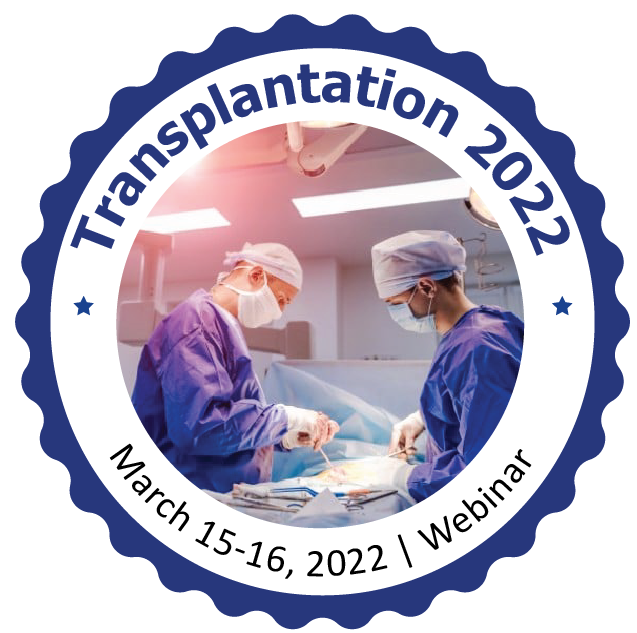Vivek Goel
Sir Ganga Ram Hospital, India
Title: Post-transplant lymphoproliferative disorder (PTLD) presenting as breast nodule and intestinal obstruction in a renal transplant recipient - A Case Report
Biography
Biography: Vivek Goel
Abstract
Post-transplant lymphoproliferative disease (PTLD) is a life-threatening complication among kidney transplant recipients. The clinical presentation of patients with PTLD is highly variable. The type of PTLD and the area of involvement determine its presentation, which includes constitutional symptoms such as fever, weight loss, fatigue, and other symptoms related to dysfunction of involved organs, or compression of surrounding structures. Most present with extranodal masses involving the gastrointestinal tract (stomach, intestine), lungs, skin, liver, central nervous system, and the allograft itself.
In our case, a 33-year-old woman developed EBV-negative PTLD - Plasmablastic lymphoma in her right breast and small intestine presenting as intestinal obstruction, 15 years after renal transplantation. She was managed with intestinal mass resection and chemotherapy. A follow-up PET scan showed near-complete resolution. Thus, PTLD should always be kept in mind in renal transplant recipients who present with features of the mass effect involving any organ.

